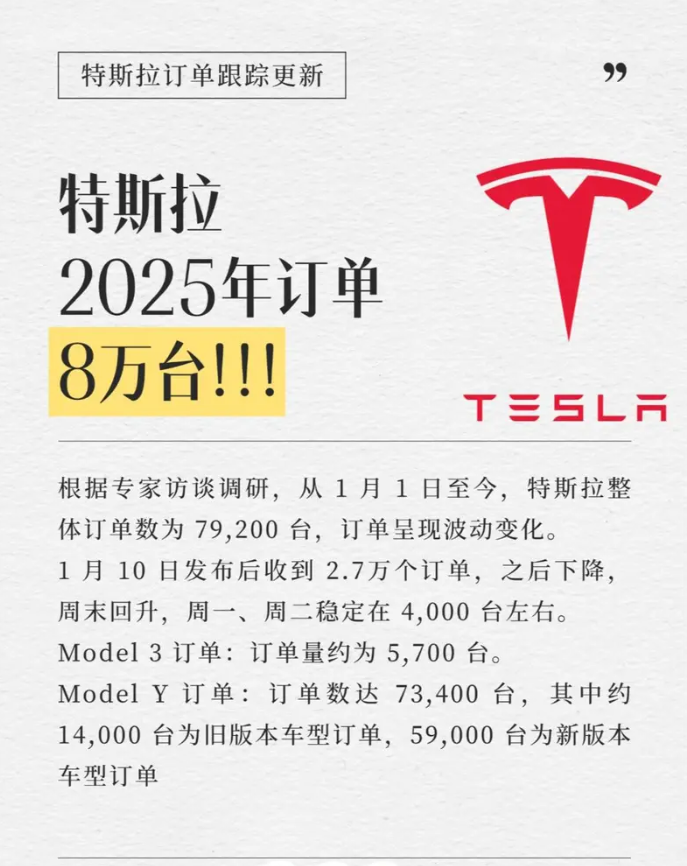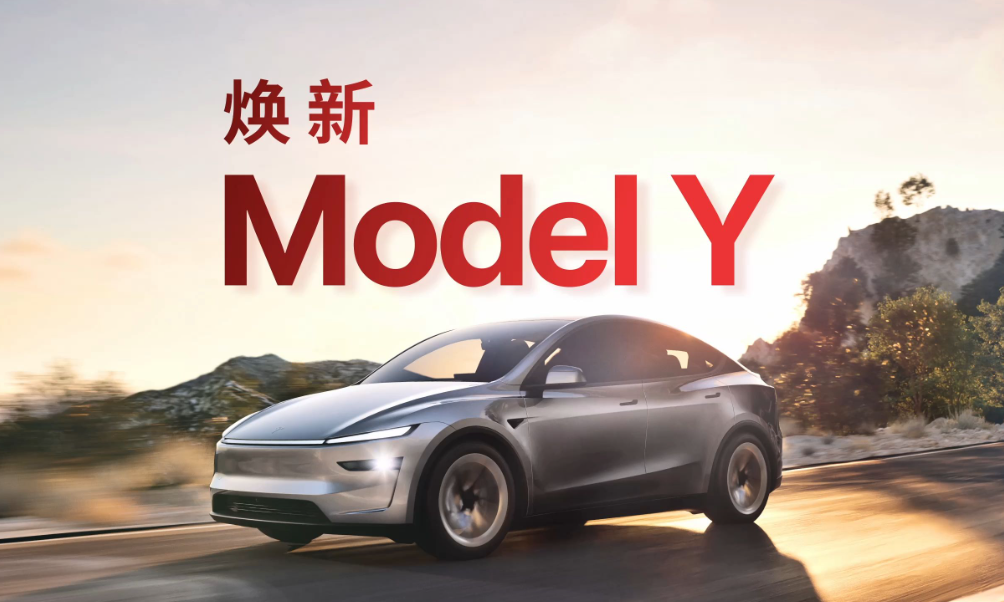In just 24 days, Tesla managed to sell an astonishing 80,000 units of the Model Y in China, stirring conversations about consumer preferences and national loyalty. This exceptional feat underscores Tesla’s strength in the fast-growing electric vehicle market and raises questions about the allegiance of Chinese consumers to domestic brands.

The sales figures are particularly noteworthy when considering the competitive landscape of the electric vehicle market in China. Despite an array of domestic manufacturers vying for consumer attention, Tesla continues to dominate, largely attributed to its brand cachet and innovative technology.
Moreover, despite ongoing debates regarding consumer patriotism, the surge in Tesla sales implies a disconnect between national pride and purchasing decisions. Many consumers are prioritizing performance, safety, and technological advancements over brand origin.

Looking at the numbers, the Model Y has proven to be incredibly popular. Industry analysts attribute much of this demand to the vehicle’s affordability, especially when considering the competition from local EV producers. At a price point that rivals many local offerings, Tesla’s emphasis on continuous improvement and superior design sets it apart in a crowded market.
Recent data suggests that Tesla delivered around 61,881 Model Y vehicles in the initial days of this sales drive, a clear indication that the brand has etched itself into the minds of consumers as a powerful contender. This boom is not merely a flash in the pan, as consumers increasingly seek eco-friendly transportation options.

However, the question remains: will the tide shift as local manufacturers ramp up their technology and marketing efforts? With brands like BYD and NIO gaining market traction, consumer preferences may evolve, pushing Tesla to ensure it maintains its edge. The company has deepened its roots in China, establishing factories and investing in local supply chains, thereby affirming its commitment to the market.
Furthermore, this rapid sale has raised concerns and discussions around nationalism and consumer loyalty, especially amidst the backdrop of increasing geopolitical tensions. The narrative surrounding patriotism in purchasing decisions is fraught with complexities, as many consumers navigate the balance between supporting local products and leveraging international options that deliver better value or innovation.

While Tesla’s remarkable sales reveal consumers gravitating towards advanced technology, favorable reviews, and the allure of Western brands, the loyalty of Chinese consumers is not easily swayed. Many still express a strong preference for domestic vehicles, particularly in light of the ongoing support portrayed by the Chinese government towards local manufacturers.
The sentiment towards national products remains significant as consumers evaluate the performance, pricing, and benefits of domestic versus foreign brands. Tesla’s expansive marketing strategies and brand allure may prevail in the short term, but only time will reveal how entrenched local rival brands will become.
In conclusion, Tesla’s sales surge in China signals a robust demand for electric vehicles, driven by technological superiority and consumer preferences for innovative automakers. However, the larger question about consumer loyalty persists amidst a landscape where local brands are catching up. The future trajectory of the automotive market, particularly in the electric vehicle sector, will hinge upon numerous factors, including regulatory policies, technological advancements, and changing consumer sentiments.
As Tesla pushes forward, industry watchers will closely monitor both the brand’s performance and the evolving preferences of Chinese consumers. The intersection of emotion and commerce in the automotive sector will undoubtedly continue to generate lively discussions about loyalty and the implications of globalization on national pride.






